Religion takes a back seat in COVID communication
Opinion
Unfortunately I am writing this from home during lockdown but hopefully by the time you are reading the August edition we will be back to ‘normal’ – again.
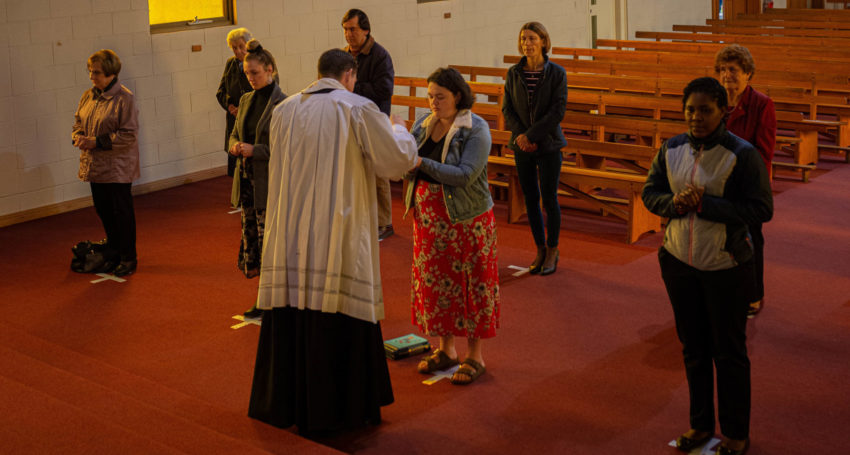
This time round there has been an even greater air of despondency as the nation reels from the devastating impact of the second (or is it third) wave of the pandemic. We have been lucky in South Australia compared to other states and countries but I think we are all wondering when this will ever end and at what cost.
I worry, in particular, about the mental health of young people who are having to deal with uncertainty and constant changing of plans due to COVID. As well as the short-term effect of having to isolate from family and friends during lockdowns and socially distance at other times, the younger generation will bear the brunt of the pandemic in the long-term as the economic burden takes its toll on job opportunities, housing affordability and government spending.
Advertisement
Young people often cop criticism for being self-absorbed and inconsiderate but in this case they have been very willing to curtail their daily activities and forgo much of their social life to protect the elderly and the vulnerable.
In a similar vein, churchgoers have once again been deprived of very important elements of their faith, but have done so graciously. This is despite some inconsistencies around what people can and can’t do depending on the setting – singing comes to mind. But for me the biggest disappointment has been an absence of any understanding amongst government and health officials of religious worship and how it takes place.
The press conferences are full of information and questions about gyms, AFL, pubs and shisha bars but rarely is there any mention of a religious ceremony unless it’s a wedding or a funeral. And that’s usually in relation to wedding receptions and wakes.
It often takes a few days for the full implications of restrictions on faith-based institutions to be revealed and even then there is conflicting advice from the various authorities.
For example, directives around numbers and requirements to register at Holy Week Mass services were not finalised until just a few days before Easter, making it difficult to communicate with parishes and particularly non-regular worshippers. The ruling on wearing of masks indoors when there is more than 75 per cent capacity is difficult to apply when you don’t know how many people are going to turn up each week.
The latest restrictions gave an exemption to faith leaders livestreaming but didn’t explain whether anyone else could be present to assist or to film.
There have been many other examples of vagueness and ambiguity when it comes to places of worship, a sign of the times I guess, and the media is top of the ladder when it comes to ignoring an entire section of society that happens to believe in God.
The lesson to be learnt from the pandemic might well be that churches and faiths need to demonstrate more explicitly how important they are to the lives of their own people and to the wider community. The faithful in the pews or participating online are the beating heart of a body that stretches across so many areas of life – education, health, aged care, social services and chaplaincy.
Advertisement
Much of this work today is carried out by lay people and organisations but in the past it has been those men and women who have chosen a Religious vocation who have been at the forefront of educating children and supporting the less fortunate.
Our vocations feature this month highlights the many and varied roles that clergy and Religious have played and continue to play in society. Equally important has been the contribution of lay people such as Jude and Kathleen Smith who have worked tirelessly for their parish and community over six decades.
There is so much to be proud of in our Catholic community and while humility is a wonderful trait, if we don’t tell other people who we are and what we do, we will continue to take a back seat at press conferences on the COVID crisis.



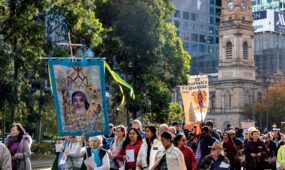
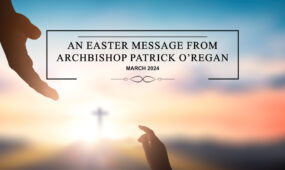
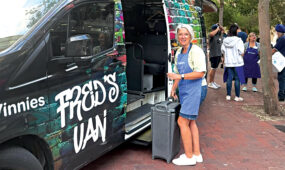
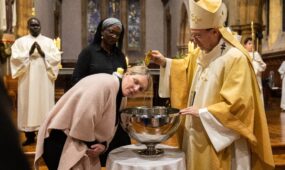

Comments
Show comments Hide comments